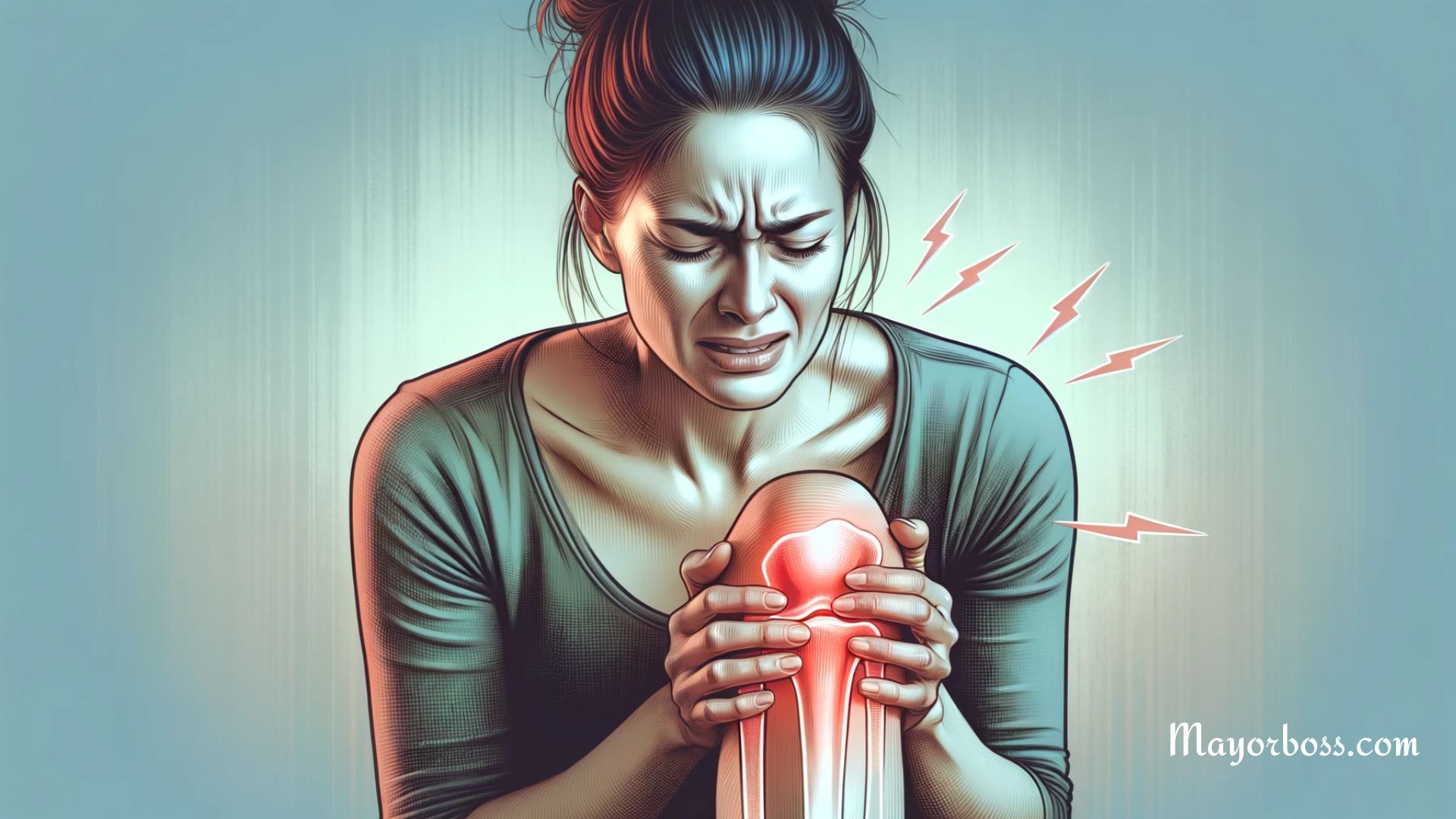Why Your Joints Crack and When You Need to Worry
Your joints might crack or pop during everyday activities or exercise. Usually, this is harmless and just a result of natural bodily functions. However, in some cases, it could signal underlying health issues like arthritis or cartilage damage. This article explores the common reasons behind joint cracking and when you should seek medical advice.
What Causes Joints to Crack?

Gas Bubbles in the Synovial Fluid
Most often, the cracking or popping sound from your joints happens because of gas bubbles in the synovial fluid. Synovial fluid is a lubricant that allows your joints to move smoothly. When you stretch or bend your joints, the pressure inside the synovial fluid changes, allowing gas bubbles to form and pop. This phenomenon is generally harmless.
Tendons and Ligaments
Moving or stretching tendons and ligaments around the joints can also result in cracking sounds. These soft tissues might move slightly out of place and snap back into position, creating a popping noise. Usually, this is nothing to worry about and is just part of the body’s natural movements.
Bone-on-Bone Contact
Sometimes, the cartilage that cushions your joints wears down, causing the bones to touch. This bone-on-bone contact can produce a grinding or cracking noise, often signaling osteoarthritis or other degenerative conditions. Medical experts usually recommend a checkup if you frequently experience this type of joint noise.
Cavitation
Cavitation is another term you might hear in relation to joint cracking. This process involves the rapid formation and collapse of cavities or bubbles in the synovial fluid. It’s a common cause of joint noise, especially when you crack your knuckles. For the most part, it’s a harmless process.
Muscle Tightness
When muscles surrounding a joint are tight or imbalanced, they can pull on the joint unevenly. This can lead to cracking or popping sounds. Stretching and strengthening exercises often help alleviate these sounds by balancing the muscular forces acting on the joint.
Scar Tissue
If you’ve had a prior injury to a joint, scar tissue might have formed during the healing process. This scar tissue can interfere with the smooth movement of the joint, leading to a cracking or popping sound. Physical therapy can often help improve joint motion and reduce these noises.
Movement of Joint Components
Some joints have more than just bone and soft tissue; they may also contain articular discs or menisci. These structures help distribute load and improve joint function. However, they can shift position during movement, and you might hear a clicking or snapping sound as they return to their normal location.
Age-Related Changes
As you get older, the structure and composition of your joints and the surrounding tissues can change. These age-related modifications can also contribute to increased frequency or different types of joint sounds. Doctors often consider this a normal part of aging unless it’s accompanied by other symptoms like pain or reduced mobility.
Rapid Movement or High-Impact Activities
Engaging in high-impact activities like running or jumping can sometimes cause your joints to crack. Research indicates that this is usually harmless and may simply be a result of the increased force and speed of joint movement during these activities.
When Should You Be Concerned?
Persistent Pain
If the cracking or popping is accompanied by persistent pain, it’s a good idea to consult a doctor. Pain could indicate an underlying issue, such as arthritis or a cartilage tear.
Limited Mobility
When your joint cracking limits your range of motion, that’s another red flag. Research shows that this could be due to inflammation or a more serious joint condition.
Swelling and Redness
If you notice swelling, redness, or warmth around the cracking joint, you should seek medical advice promptly. These symptoms could indicate an infection or another medical condition that requires immediate attention.
How to Alleviate Minor Joint Cracking
Stay Active
Regular exercise helps maintain joint and muscle flexibility, which can reduce the frequency of joint cracking. However, make sure to warm up adequately before engaging in any strenuous activities.
Stay Hydrated
Keeping yourself hydrated can also make a difference. Synovial fluid contains water, and when you’re dehydrated, the fluid can become less effective as a lubricant.
Consider Supplements
Some people find relief in using supplements like glucosamine and chondroitin. These compounds are found naturally in cartilage and may help maintain joint health. However, talk to your pharmacists or doctor before taking any of these supplements.
When to Seek Medical Help
If you’re experiencing persistent symptoms like pain, limited mobility, or swelling, it’s crucial to consult a healthcare professional for a proper diagnosis and treatment plan. Medical imaging tests like X-rays or MRIs may be required to evaluate the condition of your joints further. Additionally, your doctor may recommend physical therapy, medication, or even surgery, depending on the severity of your symptoms.
Further Reading: Is Cracking Your Knuckles Bad for You?
